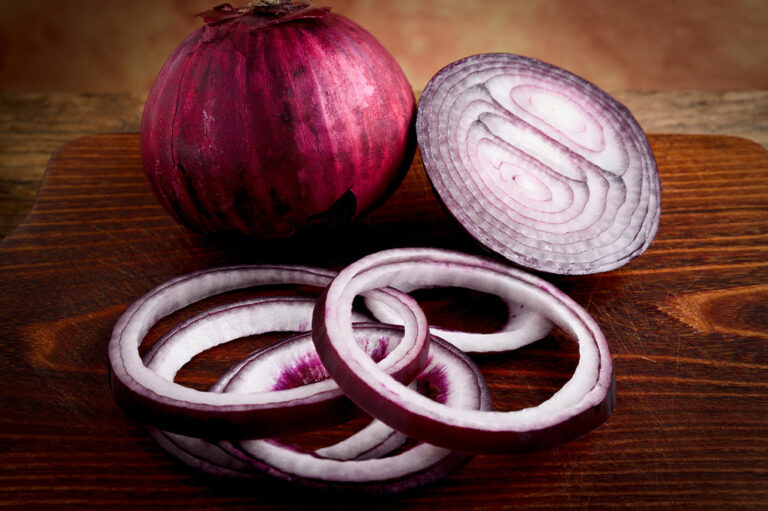
Health
Avoid these 8 foods that can trigger heartburn
Acid reflux, or heartburn, is a known symptom of common gastroesophageal reflux disease or GERD. The stomach contains digestive juices to break down foods and beverages. A separate muscle known as the lower esophageal sphincter prevents these juices from moving out of the stomach. Heartburn develops when stomach acid backs up into the esophagus, causing pain and irritation. It can be brought on by underlying health complications or the following trigger foods. Allium vegetables Onions, shallots, and garlic are all bulbous vegetables belonging to the allium family of plants. These vegetables are naturally high in fermentable fibers. Several studies suggest these fibers interact with the gut bacteria and trigger an increased production of stomach acid, which leaks into the esophageal cavity. Nutritionists suggest avoiding or limiting allium veggies to prevent acid reflux. Citrus fruits One should avoid citrus fruits when affected by GERD to prevent heartburn. Oranges, tomatoes, lemons, and limes are highly acidic in nature that disrupt the natural pH balance of the stomach acid. The digestive juices are forced to back up into the esophagus, causing heartburn and irritation. Fatty food Fats found in common foods and even some beverages take a while to digest. This results in the slow evacuation of foods from the stomach.
Read More 









